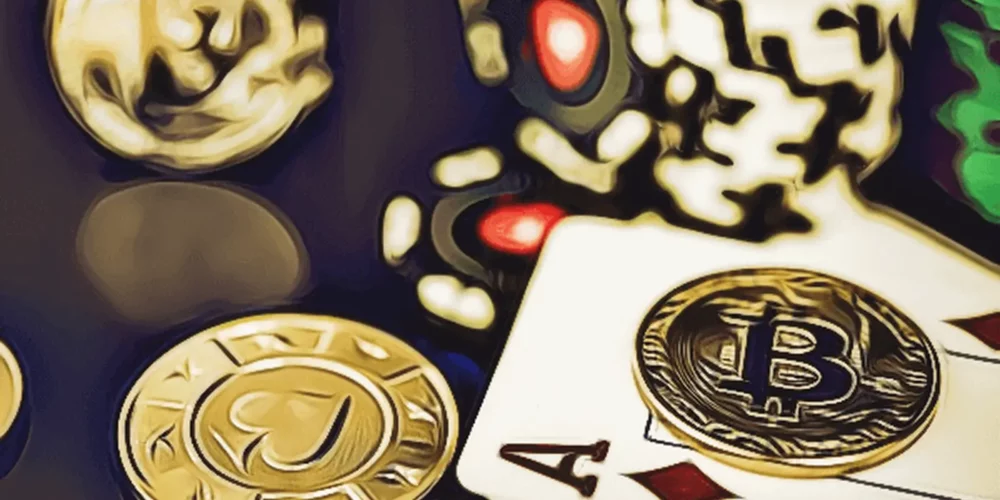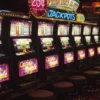Would you like to make a living out of your passion for playing poker? The panorama is filled with big names like Phil Hellmuth, Phil Ivey, Daniel Negreanu, and the now retired Doyle Brunson. Admired for their sharp skills and mental abilities, these famous professional poker players have garnered the respect of many in the field and amassed large quantities of money. The exciting case of Chris Moneymaker, who earned a seat at the 2003 World Series of Poker Main Event after getting involved in the world of online poker, has become the dream of many gamblers wanting to become pros. Moneymaker won that year’s tournament and turned into an immediate superstar, earning $2.5 million.
Although all these stories of success are very alluring, the reality is that for every fortunate poker star that earns a living playing, there are thousands of others that don’t achieve this goal. There is also a hidden scenario that we don’t get to see and that includes countless hours of practice, determination, intellect, skills, and some luck. If you are seriously considering becoming a professional player, we have composed this guide to prepare you for the reality that you will encounter. These tips are based on our own experiences as players that made a living out of poker and are meant to help you out on your journey.























